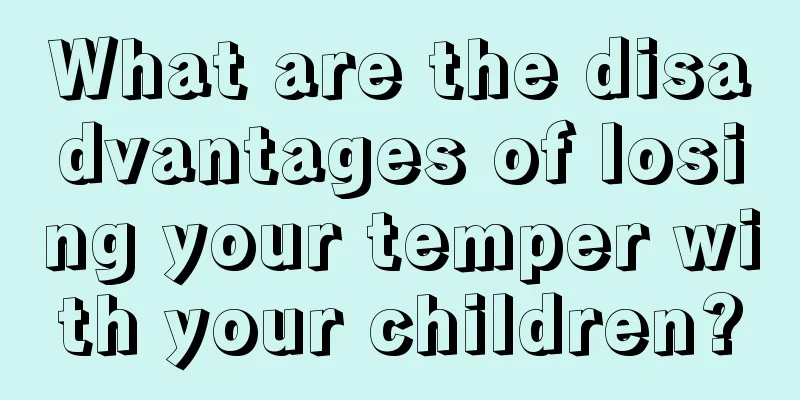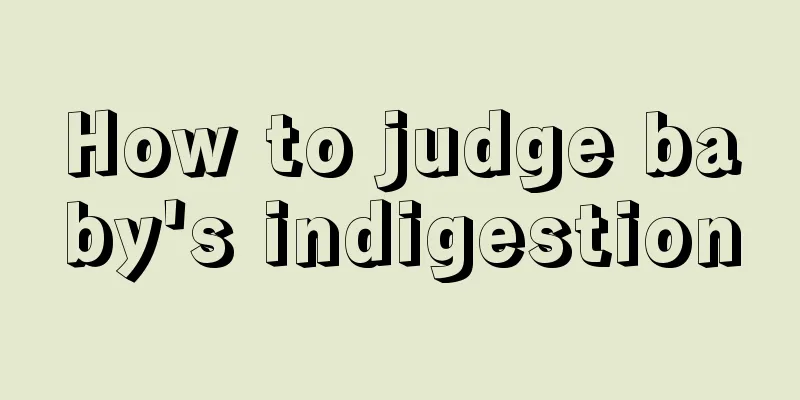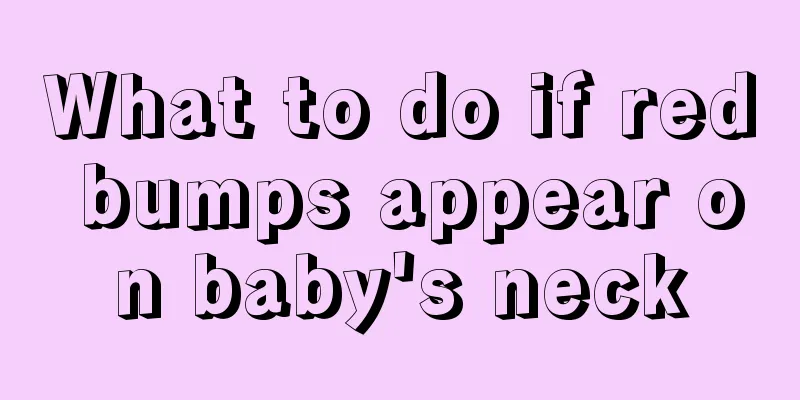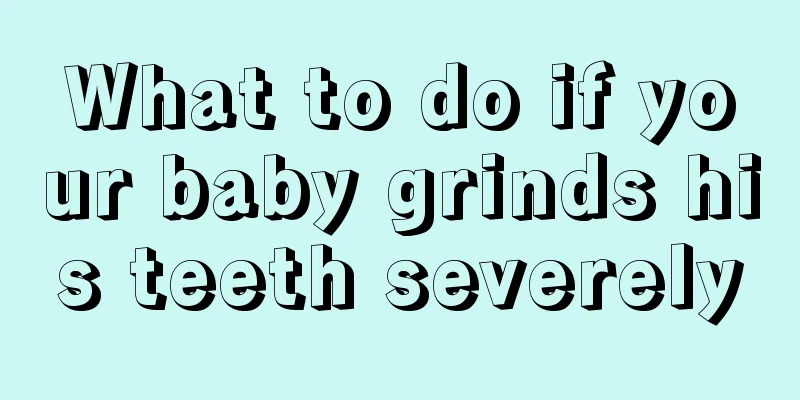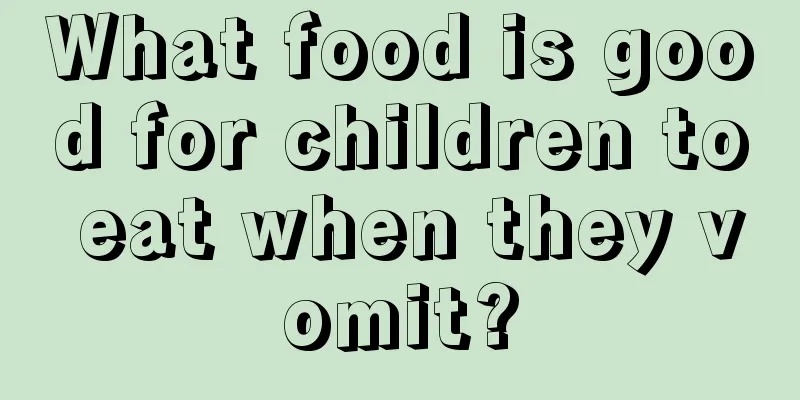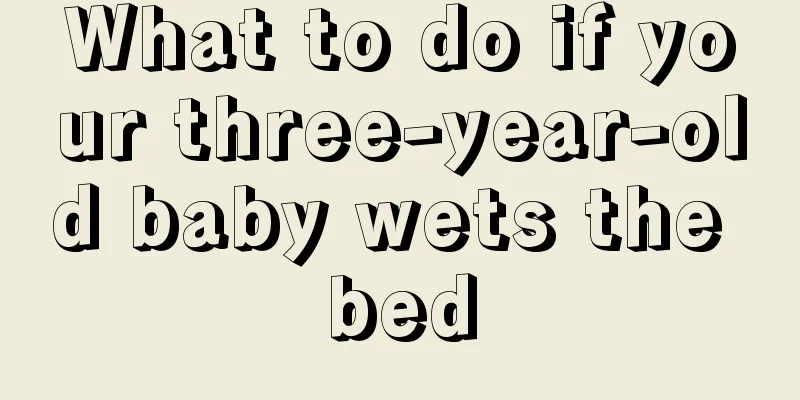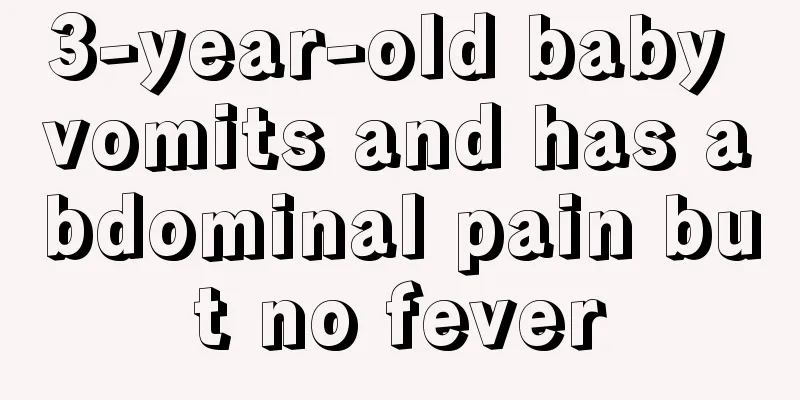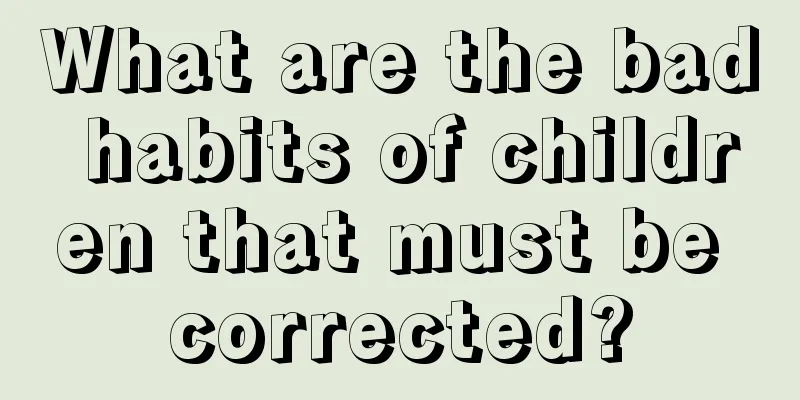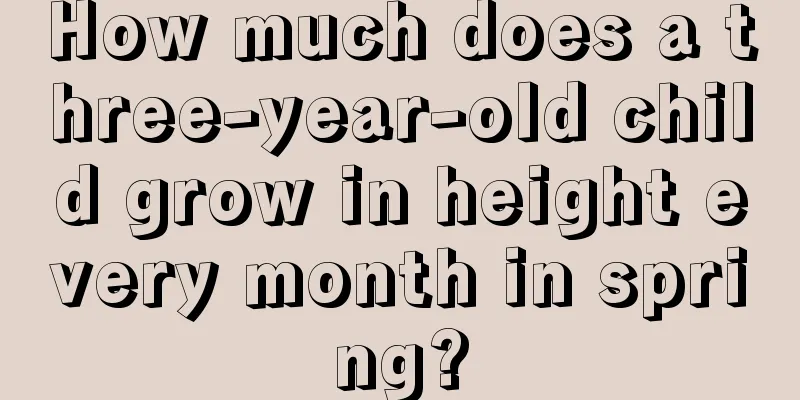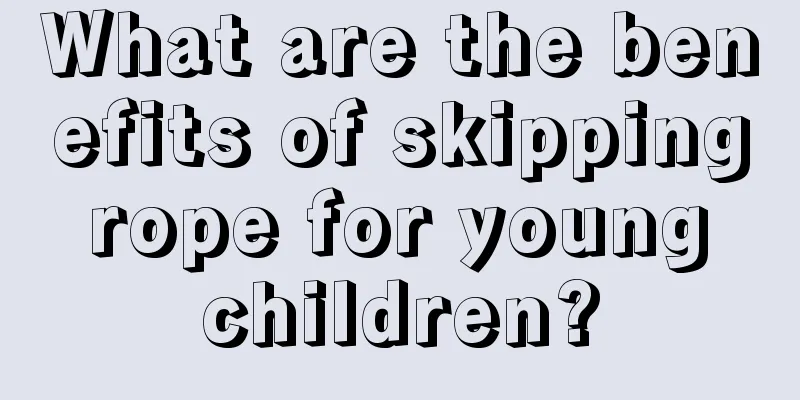At what age is it normal for children to lose their teeth?
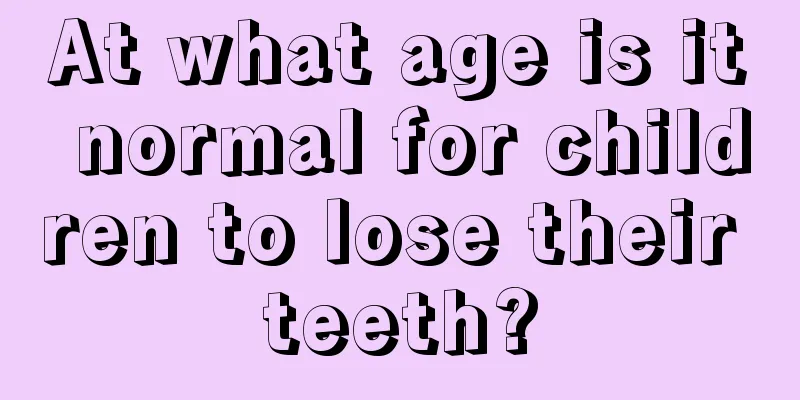
|
The growth and development of children and their teeth proceed almost synchronously. The growth of teeth is second only to the growth of the body for children. The health of teeth can bring great benefits to the body and make the oral development of children perfect. During the growth process, teeth will be replaced. Let's take a look at at what age it is normal for children to replace their teeth? I hope everyone can understand it. Everyone has experienced losing teeth when they were a child. This is a necessary process in the process of growth and development. This process is called tooth replacement. The so-called tooth replacement means that when children are 6-7 years old, the deciduous teeth begin to fall out one by one and are replaced by permanent teeth. These permanent teeth will also be the teeth that accompany people throughout their lives. At what age do children start to lose their teeth?Teeth change around 6 years old Generally speaking, deciduous teeth will become loose and fall out before children enter elementary school, and at the same time, permanent teeth will also show signs of eruption. Generally speaking, the first deciduous tooth falls out when the child is 6 years old. Of course, this is not a definite number, because some children's deciduous teeth begin to fall out when they are over 4 years old, and some begin to fall out when they are 7 to 8 years old, so parents do not need to worry too much.
Most people have only two sets of teeth in their lifetime, namely deciduous teeth and permanent teeth. From the time your baby is six months old until he is two or three years old, his 20 baby teeth will gradually develop completely. The permanent teeth will gradually replace the deciduous teeth between the ages of 6 and 13, and then several molars will continue to erupt, eventually reaching 28-32 teeth (some people do not grow 4 wisdom teeth).
In general, the teeth in the lower half of children will fall out before the upper half, presenting a symmetrical situation on the left and right. Therefore, at about the age of 6, the child's lower deciduous central incisors gradually become loose and fall out, and the lower permanent central incisors and first permanent molars also begin to gradually erupt. Afterwards, the deciduous canines and bicuspids will slowly fall out one by one and be replaced by corresponding permanent teeth. When children reach the age of 12-14, all their deciduous teeth will be replaced, and then the permanent teeth will grow separately. The second molars grow out between the ages of 12 and 14, while the third molars, commonly known as wisdom teeth, only start to grow after adulthood. |
<<: What is the reason for children's late tooth replacement?
>>: What should I do if my 4-year-old baby has allergies?
Recommend
Symptoms of mental illness in children
Some diseases will manifest themselves from an ea...
What should I do if my child has a fever?
There are many causes of fever, mainly various in...
What is the reason for children's cross-eyes?
Cross-eye is an eye disease that often occurs in ...
Causes of aplastic anemia in children
Children's physical health is what the family...
Can children drink honeysuckle soaked water?
When it comes to honeysuckle, there are definitel...
Causes of rickets in children
Children have weak constitutions and are easily s...
What is the reason why a two-month-old baby does not sleep well?
For those who have babies at home, the baby is th...
Can newborns hear?
After a newborn's birth, the child's sens...
When does a boy stop growing taller?
Boys' height is a relatively important criter...
Is it normal for a 10-year-old girl to have her period?
As people's living conditions are getting bet...
Why do children yawn frequently?
Frequent yawning in children is a bit abnormal, b...
3 year old baby's stool contains blood
For three-year-old babies, they can already eat a...
The best scar removal medicine for children
The best medicine for scar removal for children. ...
What to do if the baby's temperature is 38.5
All parents hope that their children can have a h...
At what age can babies eat crabs?
Whenever the Mid-Autumn Festival comes, there wil...
